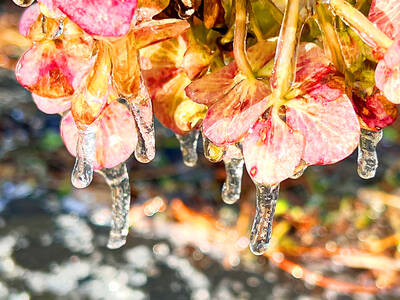National Taiwan University should respect precedent and return the bones of Bunun villagers unearthed more than four decades ago for research, the Council of Indigenous Peoples said on Monday, as Bahuan Village (馬遠) residents’ struggle to win the return of the remains draws national attention.
University researchers dug up more than 60 skeletons from the Loiq gravesite of the village in Hualien County’s Wanrong Township (萬榮) in the 1960s.
The university has said the excavation was done with the permission of village leaders after it learned that there were plans to move the burial ground, the village’s self-help association said.
The village had acted under compulsion, it said, calling for the skeletons to be returned.
“Our homes were spread out widely, so many people did not know [about the excavation] at the time,” self-help association spokesman Alang Mangloauan said, adding that university researchers had “asked” villagers for their consent through local police, who were the main representatives of the national government.
The bodies at the site had been buried between 1933 and 1955, after villagers were forced to relocate from Nantou County by the Japanese colonial government, he said.
In a statement, the council promised to negotiate with the university for the skeletons’ return and called on the university to respect its own precedents, including its return of the bones of Sediq chief Mona Rudao to Nantou County for burial in 1973.
Mona’s remains ended up as a specimen in the university’s archeology department after he was killed leading the unsuccessful 1930 Wushe Revolt, the last major Aboriginal uprising against Japanese colonial rule.
While acknowledging that it lacks legal power to compel the university to return the remains, the council called on the university to respect the spirit of the provisions of the UN Declaration on the Rights of Indigenous Peoples that grant indigenous rights over ancestral bones in government possession.
Non-partisan Solidarity Union Legislator May Chin (高金素梅), who is part Atayal, is scheduled to host talks between the Ministry of Education, National Taiwan University and village representatives later this week.
Control Yuan Vice President Sun Ta-chuan (孫大川) has applied for an investigation to be conducted.

The Taipei City Government yesterday said contractors organizing its New Year’s Eve celebrations would be held responsible after a jumbo screen played a Beijing-ran television channel near the event’s end. An image showing China Central Television (CCTV) Channel 3 being displayed was posted on the social media platform Threads, sparking an outcry on the Internet over Beijing’s alleged political infiltration of the municipal government. A Taipei Department of Information and Tourism spokesman said event workers had made a “grave mistake” and that the Television Broadcasts Satellite (TVBS) group had the contract to operate the screens. The city would apply contractual penalties on TVBS

The lowest temperature in a low-lying area recorded early yesterday morning was in Miaoli County’s Gongguan Township (公館), at 6.8°C, due to a strong cold air mass and the effect of radiative cooling, the Central Weather Administration (CWA) said. In other areas, Chiayi’s East District (東區) recorded a low of 8.2°C and Yunlin County’s Huwei Township (虎尾) recorded 8.5°C, CWA data showed. The cold air mass was at its strongest from Saturday night to the early hours of yesterday. It brought temperatures down to 9°C to 11°C in areas across the nation and the outlying Kinmen and Lienchiang (Matsu) counties,

A new board game set against the backdrop of armed conflict around Taiwan is to be released next month, amid renewed threats from Beijing, inviting players to participate in an imaginary Chinese invasion 20 years from now. China has ramped up military activity close to Taiwan in the past few years, including massing naval forces around the nation. The game, titled 2045, tasks players with navigating the troubles of war using colorful action cards and role-playing as characters involved in operations 10 days before a fictional Chinese invasion of Taiwan. That includes members of the armed forces, Chinese sleeper agents and pro-China politicians

STAY VIGILANT: When experiencing symptoms of carbon monoxide poisoning, such as dizziness or fatigue, near a water heater, open windows and doors to ventilate the area Rooftop flue water heaters should only be installed outdoors or in properly ventilated areas to prevent toxic gas from building up, the Yilan County Fire Department said, after a man in Taipei died of carbon monoxide poisoning on Monday last week. The 39-year-old man, surnamed Chen (陳), an assistant professor at Providence University in Taichung, was at his Taipei home for the holidays when the incident occurred, news reports said. He was taking a shower in the bathroom of a rooftop addition when carbon monoxide — a poisonous byproduct of combustion — leaked from a water heater installed in a poorly ventilated